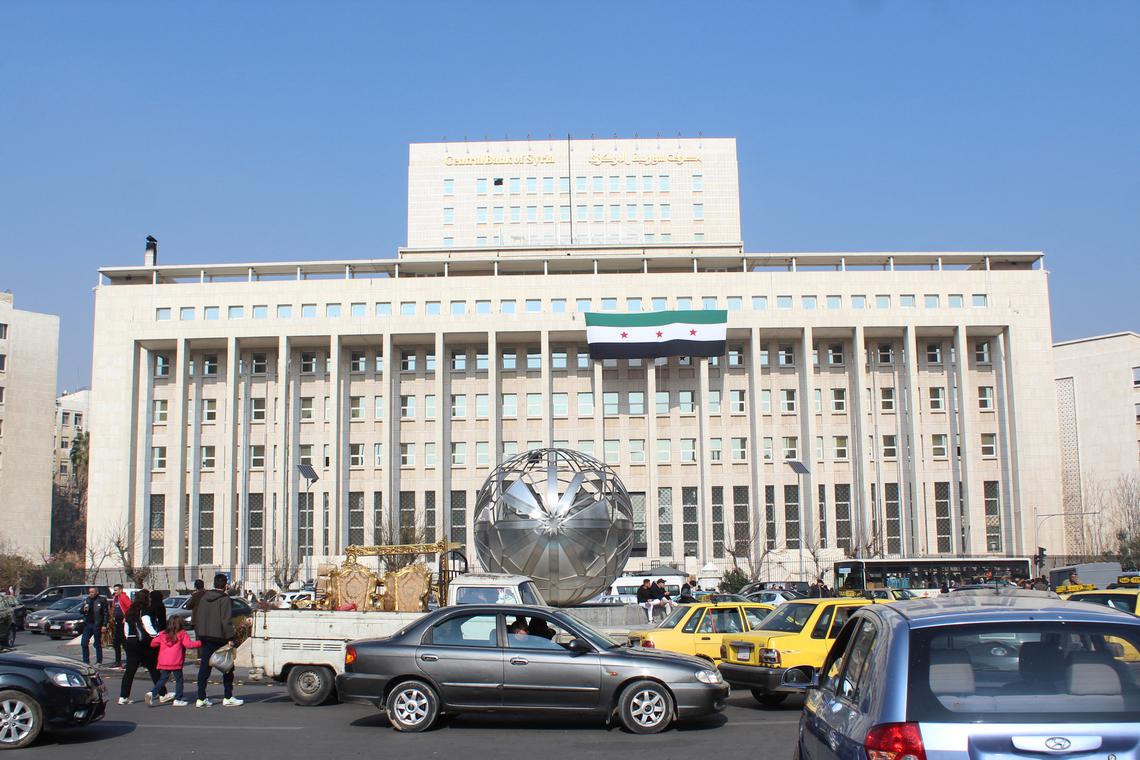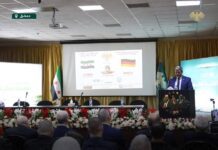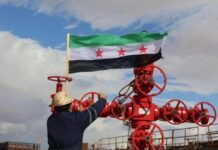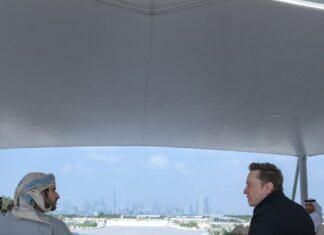
The Syrian Transitional Government (STG) announced significant financial and economic reforms as it works to stabilize and rehabilitate the Syrian economy. The Central Bank of Syria (CBS) Governor, Maysaa Sabreen, and caretaker government officials outlined plans to address pressing fiscal challenges, including boosting government employee salaries and restructuring the nation’s monetary policy framework.
CBS Prioritizes Independence & Stability
Governor Sabreen confirmed that the Central Bank has sufficient reserves to cover government salaries, including a promised 400% increase. Speaking to Reuters, Sabreen emphasized her commitment to enhancing the bank’s independence.
“The Central Bank is preparing a draft amendment to the Bank’s Law to enhance its independence, including granting it more freedom to make decisions related to monetary policy,” Sabreen said.
Economists note that greater independence for the Central Bank is crucial for achieving long-term financial stability. Under the Assad regime, the bank’s decisions were often influenced by the government, undermining its autonomy.
Sabreen also outlined plans to expand Islamic banking services to attract customers who have avoided traditional banking systems. By allowing conventional banks to open Islamic branches, the Central Bank hopes to accommodate practices aligned with Islamic law, which prohibits interest-based transactions.
Avoiding Inflationary Measures
While the CBS declined to disclose the size of its foreign reserves, Sabreen stressed the importance of avoiding currency printing to prevent inflation. She added that personal remittances from Syrians abroad are now allowed, a step seen as crucial for channeling foreign currency into the economy.
The Central Bank also aims to regulate exchange and remittance shops, which have become a significant source of hard currency.
STG Budget to Address Immediate Needs
In a related announcement, the STG approved a “twelfth” budget for 2025, dividing the annual appropriations into monthly allocations to navigate the country’s ongoing economic challenges. The temporary budget is designed to prioritize basic necessities while maintaining financial discipline.
The budget allows for exceeding allocations for salaries and compensations, ensuring the promised wage increase for government employees is fully funded. Adjustments to fuel credits were also made to align with current market prices.
However, economic researcher Yunis al-Karim warned that the STG’s decision to increase salaries and reduce taxes might lead to a budget deficit. “The twelfth budget is effective in emergencies, but overspending could undermine its effectiveness,” al-Karim said.
Overcoming Past Challenges
The STG’s financial policies mark a significant departure from the Assad regime’s legacy of corruption and economic mismanagement. Under Assad, inflated budgets and widespread graft contributed to a deteriorating economy. Muhammad al-Bashir, Prime Minister of the caretaker Damascus government, underscored the financial difficulties left behind.
“There is nothing in the Central Bank’s vaults except the Syrian pound, which is worth nothing,” al-Bashir said in an interview with Italian publication Il Corriere della Sera.
The caretaker government is working to re-establish trust in public institutions and create a sustainable economic environment. This includes a series of meetings between the Ministry of Internal Trade and Consumer Protection and economic stakeholders to reevaluate customs duties.
Toward Economic Recovery
Minister of Internal Trade Maher Khalil al-Hassan emphasized the importance of creating a balanced trade environment that supports local producers. “Our main mission at the present time is to pump blood into the arteries of the economy, preserve institutions, and serve the citizens,” al-Hassan said.
These reforms, coupled with the STG’s broader economic strategies, reflect a determined effort to stabilize Syria’s economy and lay the foundation for long-term recovery. As the government continues to implement policies that prioritize transparency and sustainability, many Syrians remain hopeful for a brighter economic future.








